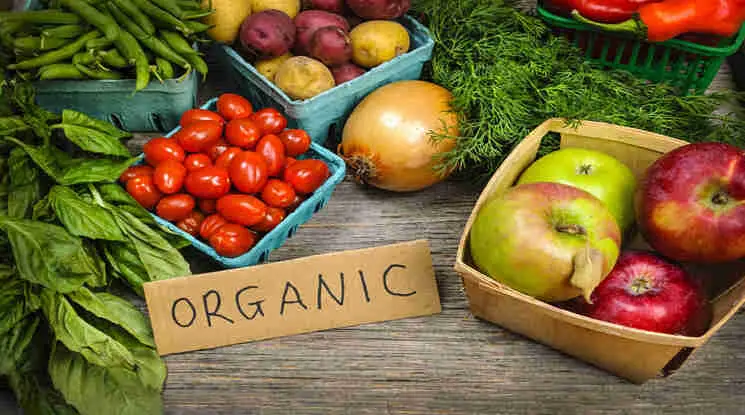In recent years, the popularity of organic foods has surged as individuals increasingly prioritize their health and well-being. Proponents of organic diets argue that these foods offer numerous health benefits, ranging from increased nutrient content to a reduced risk of certain diseases. However, amidst the growing enthusiasm, it is crucial to separate fact from fiction and examine the true impact of organic foods on overall health.
Nutrient Content: A Matter of Debate
One of the primary claims in favor of organic foods is their supposedly higher nutrient content compared to conventionally grown counterparts. While it is true that certain studies suggest slightly elevated levels of certain nutrients in organic produce, the overall impact on health remains a subject of debate. The differences are often marginal and may not be significant enough to make a substantial difference in one’s overall nutritional intake.
Moreover, the nutrient content of any food is influenced by various factors, including soil quality, climate conditions, and crop variety. Organic farming practices, which prioritize soil health and diversity, can contribute to nutrient-rich produce. However, the specific benefits of these practices on human health are still being researched and understood.
Pesticide Exposure: Organic vs. Conventional
One of the most significant factors driving the switch to organic foods is the concern about pesticide residues in conventional produce. Organic farming avoids synthetic pesticides and relies on natural alternatives, which has led many to believe that choosing organic equates to a reduced risk of pesticide exposure.
Research indicates that organic produce does indeed tend to have lower pesticide residues than conventionally grown produce. However, it is essential to note that the presence of pesticides on conventional produce is generally within safe limits established by regulatory authorities. The health risks associated with the trace amounts of pesticides found on conventionally grown fruits and vegetables are minimal compared to the potential benefits of consuming a diverse range of fruits and vegetables, whether organic or conventional.
Environmental Impact
While the impact of organic foods on individual health is a crucial consideration, it is equally important to evaluate their broader implications for the environment. Organic farming practices often prioritize sustainability, soil health, and biodiversity. Reduced dependence on synthetic pesticides and fertilizers can contribute to healthier ecosystems, benefiting not only human health but also the planet.
However, it’s essential to acknowledge that organic farming may have its own set of environmental challenges, such as the need for larger land areas to achieve comparable yields to conventional farming. Balancing the environmental impact with the demand for food production is a complex challenge that requires a comprehensive approach, considering both organic and conventional farming methods.
Economic Considerations: Accessibility and Affordability
While organic foods are often praised for their perceived health benefits, their accessibility and affordability remain significant challenges. Organic produce tends to be more expensive than conventionally grown alternatives, making it less accessible to individuals with limited financial resources. This economic barrier raises questions about the inclusivity of the organic food movement and its ability to promote health on a broader scale.
Moreover, the focus on organic certification sometimes overshadows the efforts of conventional farmers who employ sustainable and environmentally friendly practices. Recognizing and supporting such practices within the conventional farming sector can contribute to a more comprehensive and inclusive approach to promoting healthy and sustainable food production.












